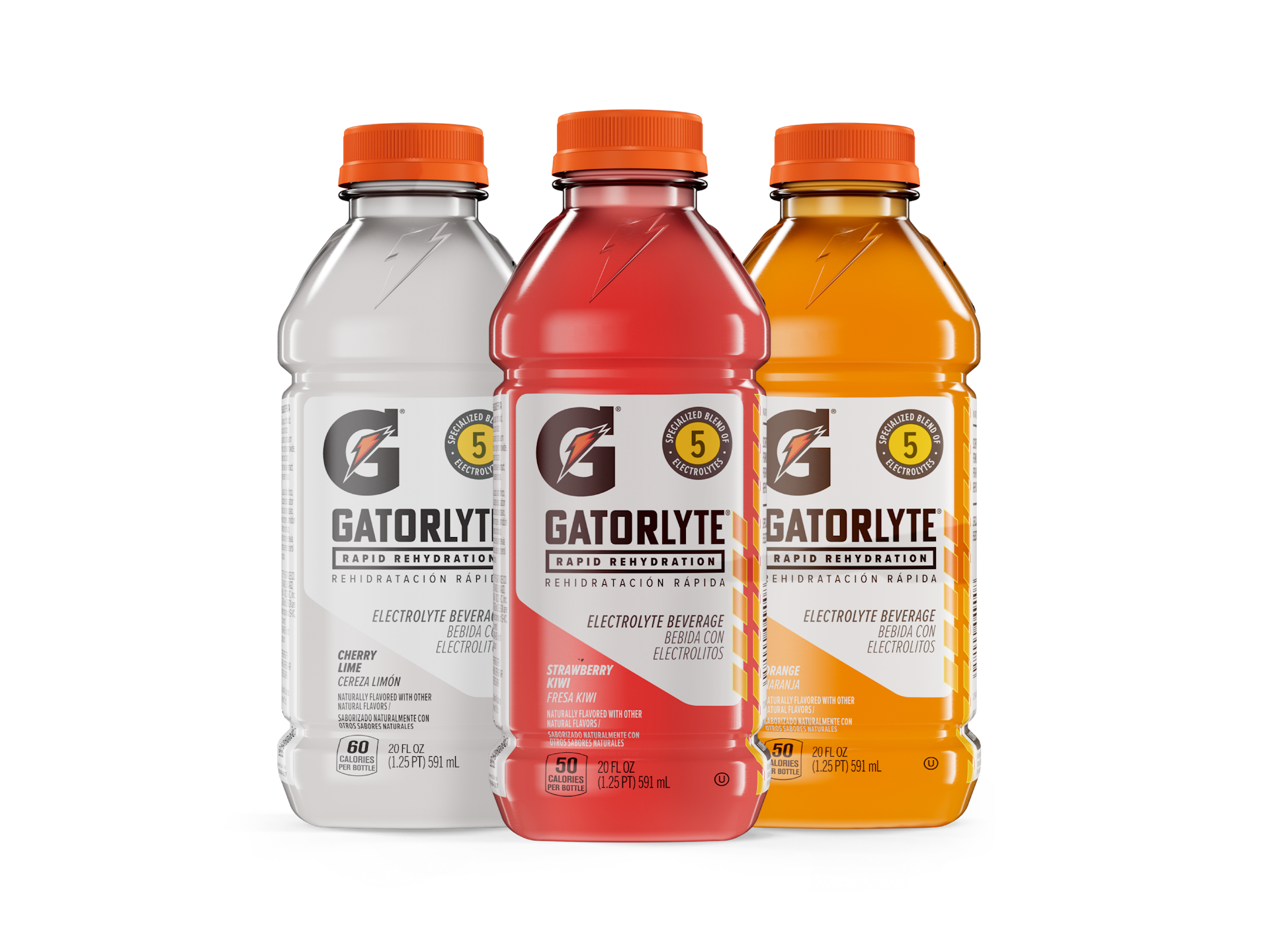Dehydration: Symptoms, Causes & Treatment
What are the symptoms of dehydration?
Dehydration occurs when your body loses more fluid than you take in, and it can range from mild to severe. Symptoms of dehydration vary depending on the severity of the dehydration but may include:
- Thirst: One of the first signs of dehydration is often thirst. Your body may signal you to drink more fluids to replenish lost water.
- Dry mouth and lips: With dehydration, your saliva production decreases, leading to a dry feeling in your mouth and lips.
- Dark yellow urine: When you’re dehydrated, your urine becomes more concentrated and appears darker in color.
- Infrequent urination: Dehydration can lead to a decrease in the frequency of urination, and when you do urinate, you may only pass a small amount of urine.
- Fatigue or lethargy: Dehydration can cause you to feel tired, weak, or lacking in energy.
- Dizziness or lightheadedness: In more severe cases of dehydration, you may feel dizzy or lightheaded, especially when standing up quickly.
- Headache: Dehydration can lead to headaches or migraines.
- Dry skin: Dehydration can cause your skin to become dry, flaky, or less elastic.
- Rapid heartbeat and breathing: In severe cases of dehydration, your heart rate and breathing rate may increase as your body tries to compensate for the lack of fluids.
- Sunken eyes: Dehydration can cause the skin around your eyes to appear sunken or hollow.
- Confusion or irritability: Severe dehydration can affect your cognitive function, leading to confusion, irritability, or difficulty concentrating.
If you experience symptoms of dehydration, it’s important to rehydrate by drinking fluids such as water, sports drinks, or oral rehydration solutions. Severe dehydration may require medical attention, so it’s important to seek help from a healthcare provider if you are unable to rehydrate on your own or if your symptoms worsen.
What are the causes of dehydration?
Dehydration occurs when your body loses more fluid than it takes in. This can happen for several reasons, including:
- Inadequate fluid intake: Not drinking enough fluids, especially in hot weather or during physical activity, can lead to dehydration.
- Excessive sweating: Sweating is your body’s way of regulating temperature, but excessive sweating, such as during intense exercise or in hot weather, can lead to dehydration if fluids are not replaced.
- Vomiting and diarrhea: Illnesses that cause vomiting and diarrhea can lead to fluid loss and dehydration.
- Fever: A fever can increase your body’s fluid requirements, leading to dehydration if you do not drink enough fluids to compensate.
- Diabetes: High blood sugar levels in diabetes can cause increased urination, leading to dehydration if fluids are not replaced.
- Medications: Some medications, such as diuretics or certain blood pressure medications, can increase urination and lead to dehydration.
- Alcohol consumption: Alcohol is a diuretic, meaning it increases urine production, which can lead to dehydration if not enough fluids are consumed.
- High altitude: At high altitudes, you may breathe more rapidly and urinate more frequently, which can lead to dehydration if you do not drink enough fluids.
- Illness: Certain illnesses, such as kidney disease, adrenal gland disorders, or burns, can increase the risk of dehydration.
- Age: Infants, young children, and older adults are at higher risk of dehydration due to their smaller body sizes or decreased ability to sense thirst.
It’s important to drink plenty of fluids throughout the day to prevent dehydration, especially during hot weather, exercise, or illness.
What is the treatment for dehydration?
The treatment for dehydration depends on the severity of the condition. Mild to moderate dehydration can often be treated at home, while severe dehydration may require medical attention. Here are some general guidelines for treating dehydration:
- Rehydration: The primary treatment for dehydration is to replenish fluids and electrolytes. Drink water, oral rehydration solutions, sports drinks, or other clear fluids to replace lost fluids. Avoid beverages that contain caffeine or alcohol, as they can increase dehydration.
- Electrolyte replacement: In cases of moderate to severe dehydration, electrolytes such as sodium, potassium, and chloride may also need to be replaced. Oral rehydration solutions or sports drinks containing electrolytes can help with this.
- Cool environment: If dehydration is due to heat exposure, move to a cool environment and rest.
- Monitor symptoms: Keep an eye on symptoms such as thirst, dry mouth, dark urine, fatigue, and dizziness. If symptoms worsen or persist, seek medical attention.
- Medical treatment: In severe cases of dehydration, especially if accompanied by vomiting, diarrhea, fever, or inability to keep fluids down, medical treatment may be necessary. This may include intravenous (IV) fluids administered in a healthcare setting.
Prevention is key to avoiding dehydration. Drink plenty of fluids throughout the day, especially during hot weather, exercise, or illness. Infants, young children, older adults, and people with certain medical conditions may be at higher risk of dehydration and should take extra precautions to stay hydrated.




